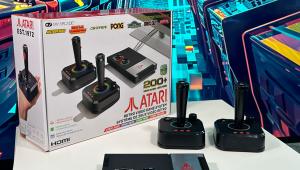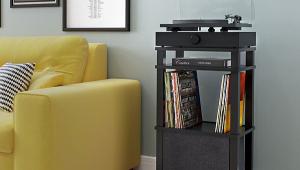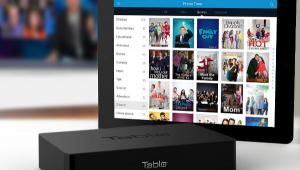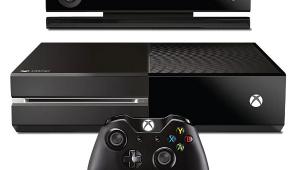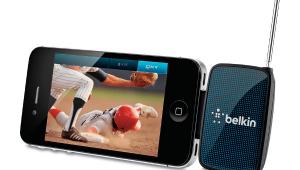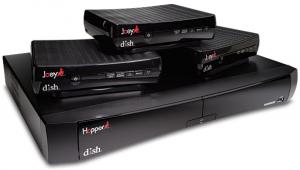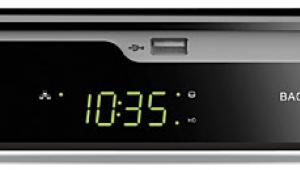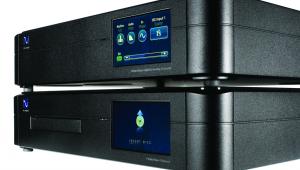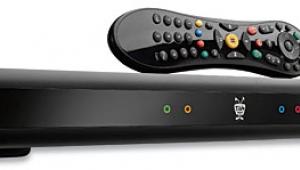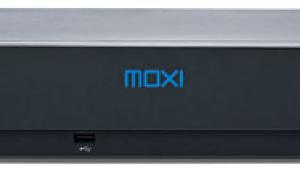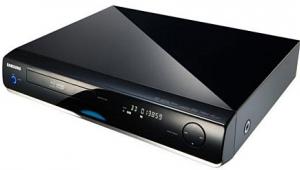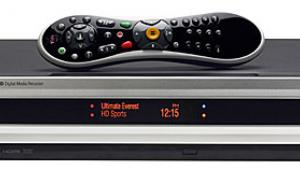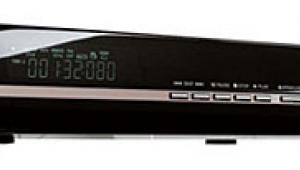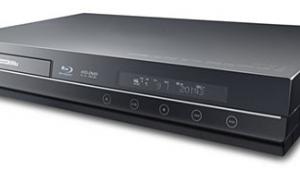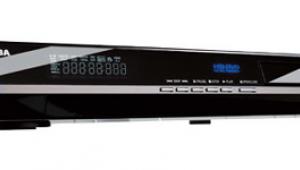Sony SAT-HD200 & Zenith HD-SAT520 DirecTV/digital television receivers Page 2
As is usual for Sony and Zenith, the onscreen menus are slick and easy to use. The Sony's setup menu comes up automatically the first time the box is turned on, and it runs you through the setup parameters to integrate the box into a system. With the Zenith, you have to call up the setup menu, though once you get there, it's identical to the Sony's. Like most of their peers these days, these receivers let you receive DirecTV, analog and digital over-the-air signals, and cable programming, and all of these program choices are displayed in a single menu. The setup system detects all program sources when the receivers start up the first time, then builds complete program guides.
 The program guide, described as DirecTV's advanced version, is attractive, versatile, and much better than the guide in the older Sony model. Zenith's earlier model came out later and already had an excellent guide. There are no differences between the program guides displayed by the two new machines. Each lets you see programming up to three days ahead, which would be useful if they also included the capability to trigger a VCR or other recording device. But you can ask them to remind you of an upcoming show, and you can arrange the menu to display only the shows you want—movies, sports, or names of specific shows, such as Star Trek. You can also set either one to show only movies that have certain MPAA ratings.
The program guide, described as DirecTV's advanced version, is attractive, versatile, and much better than the guide in the older Sony model. Zenith's earlier model came out later and already had an excellent guide. There are no differences between the program guides displayed by the two new machines. Each lets you see programming up to three days ahead, which would be useful if they also included the capability to trigger a VCR or other recording device. But you can ask them to remind you of an upcoming show, and you can arrange the menu to display only the shows you want—movies, sports, or names of specific shows, such as Star Trek. You can also set either one to show only movies that have certain MPAA ratings.
Sony's remote is nearly identical to the one that accompanied the SAT-HD100, but with two improvements. First, some of the buttons have been given new labels or functions, making it a little less confusing than the older remote. And the new joystick control works better than the old one, letting you move the cursor left, right, up, or down by pushing the stick in those directions. Pressing down on the middle of the button invokes Enter or Select. The problem with the older remote was that using the button as a directional control too often invoked Select when you didn't want to. It's possible that I simply got a bad sample a few years back, but no matter—the new one works much better.
Zenith's remote is also quite similar to the one offered with their previous model, and its layout is the best-designed of the two. Both remotes will operate other products as well as the DTV receivers, and neither is backlit.
The older Sony box offered two ways by which the remote and receiver could communicate: traditional IR or, in case the receiver was housed in a cabinet, RF. The SAT-HD200 doesn't offer RF. This means that both of the features eliminated from this box, the ability to automate recording and the RF remote, require additional equipment that would add to the receiver's cost.
Performance
I was able to judge the receivers' terrestrial performances as soon as I'd set them up. (In my experience, all DirecTV/HDTV receivers perform identically with satellite signals, and these are no exceptions.) How many digital stations could they find? The greatest attribute of the older Sony, the HD100, was that it easily found and displayed every digital TV station in my area, and without my having to adjust my rooftop antenna. The older Zenith was not quite as good.
The terrestrial performances of both new boxes were virtually identical to that of the older Zenith: Both found and displayed all six digital stations, but two stations weren't entirely stable and needed a bit of antenna adjustment to clean them up—not a big deal, but a step back for Sony. It's possible that, if I'd hung on to these receivers a bit longer—they came in close to deadline—their performance would have improved under different weather conditions. But the Sony HD100 didn't exhibit instability problems when I tried it under the same circumstances on the same day. Still, the performance degradation was slight.
The upconversion capabilities of both versions were about the same: pretty good. A few artifacts were visible on both when upconverting a 480i program to 1080i. And, as I've consistently seen in all such receivers, I was unable to see much, if any, difference between a 480i show upconverted to 480p and the same show upconverted to 1080i.
The performance of either receiver might be different in your home. Local conditions are very important in determining how well a receiver works. All that I, a reviewer, can offer is a common standard for judging the performance of every box that comes into my system. But what works in my house may not work in yours—or vice versa.
Conclusions
The Zenith HD-SAT520 and the Sony SAT-HD200 are fine products with excellent if not perfect performance and a great feature set—except for the lack of programmable recording. If you have any interest in recording standard-definition DirecTV or other programming, these machines are probably not the receivers for you. If you don't care about recording, the Sony and Zenith are both good performers. When choosing between them, price may be the only important difference.
- Log in or register to post comments
